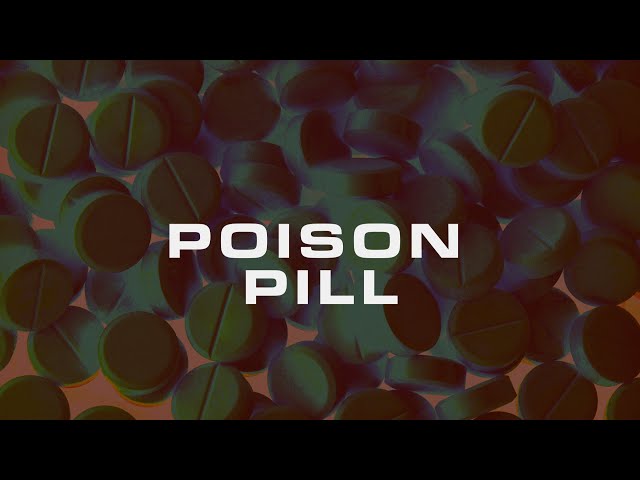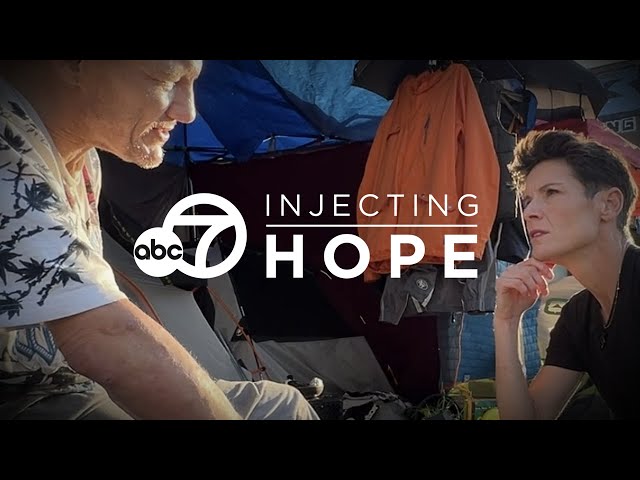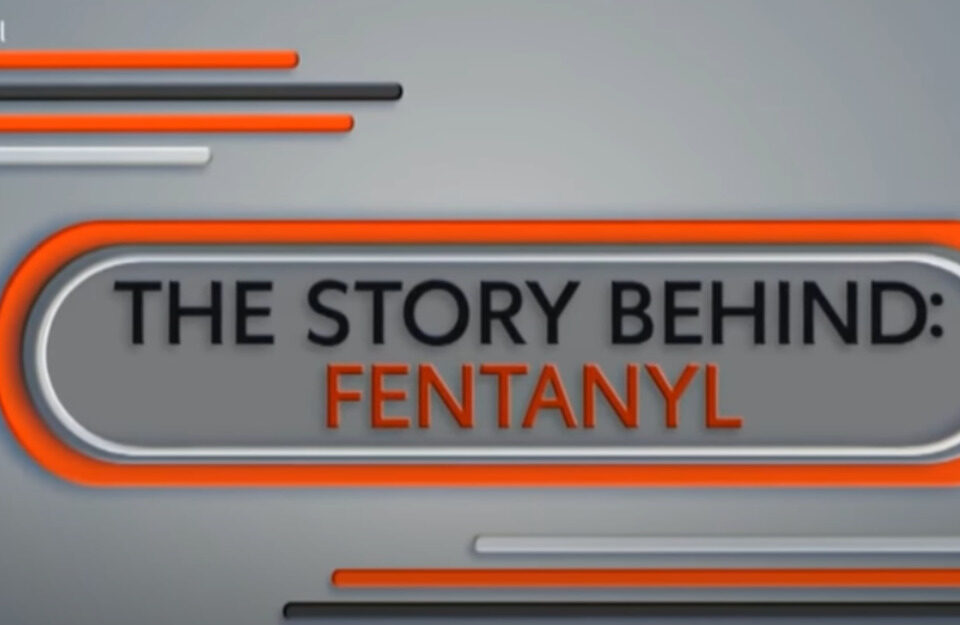Introduction
This documentary delves into the drinking culture of Russia, with a focus on the country’s deep-seated dependence on vodka. The film takes viewers on a tour of both legal and illegal alcohol distilleries, highlighting the differences in manufacturing and distribution requirements between the two sectors. By showcasing the production of counterfeit alcohol and the stores that sell it, the documentary sheds light on the dangers of this illicit market.
The Russian people’s relationship with alcohol is complex, with vodka playing a ubiquitous role in their culture. However, while the drink is held in high esteem, its negative impact on both individuals and the country as a whole cannot be ignored. This thought-provoking documentary offers a sober examination of a serious issue, providing valuable insights into the challenges facing Russian society today.
Watch Now!
After watching the following video, you are welcome to share your experience by providing a review of the resource.
Quotes
“Russians age 15 to 65 drink on average about 60 liters of vodka a year – they’re some of the biggest consumers in the world, even women have a taste for it. Even some police officers seem to quell their thirst here and there, despite being on duty. It is the drink of the Russians, regardless of social class. There are innumerable brands, from premium vodka to cheap moonshine.
However, the high consumption of vodka, and in particular the sale of cut counterfeit vodka, are major problems. Some 30,000 people die of alcohol poisoning in the world’s largest territorial state every year. In Russia, “Vodka” (a word derived from the word ‘water’) is simply a part of life.”

“For the mafia, the production of illegal vodka is a million dollar business. Illegal distilleries in Russia still account for 20% of the market share and widespread corruption makes draining the swamp impossible.”
“In many places, low quality moonshine is sold under the counter and cheap in convenience stores. The state has been cracking down on this shadow economy for some time. It’s not just about the risk to public health that these often contaminated spirits pose, but also the colossal sums in tax revenue that slip through due to counterfeiting. In times of economic crisis, this is twice as damaging.”
“If the police did their jobs, we wouldn’t have vendors like these. We caught him doing the same thing two months ago. Selling illegal vodka is the same as stealing from the taxpayer. Schools and hospitals don’t get built because of thieves like these. We call this tax evasion.”
Continue Learning
Please view the following additional resources to continue learning about some of the topics discussed in this resource. If you have any suggestions, concerns or general comments, feel free to contact me as well!





